In Brazil’s most western region, in the state of Acre, in the middle of the Amazon Rainforest, about one thousand indigenous people live and resist today in seven Yawanawá villages. Colonisation, religious missions and tappers have almost extinguished the jawbone people (translation for Yawanawá) during the years, but they have resisted, conquered their rights for land ship and now they fight to preserve their tradition.
Getting close to their history, culture, rituals and their relationship with the forest is a dramatic experience and one of the best ways to understand and help this rich culture. They understand that the white man’s presence in the villages, with responsible visits such as the Yawanawá Experience offered by Vivejar, can be positive for the dissemination and perpetuation of their roots. Conscious visitors get emotional by discovering the enchantments of this people and engage in its protection. Check out some of these charms:
The Yawanawá and the nature
Isolation and direct contact with nature are necessary for the Yawanawá. The first of the 7 villages is 4 or 6 hours (depending on the river volume) by boat from the closest town, vila de São Vicente. To get to the villages they use motorized canoes and, along the way, its possible to observe the almost untouched nature of the region. The indigenous people relationship with the forest is special. They take all their food and supply from it and worship nature in their Mariri songs. Nature appears in their skin painting and is the source for their medicine. “Forest is everything we have. It gives us life”, they say.
https://earth.app.goo.gl/kfbYUx
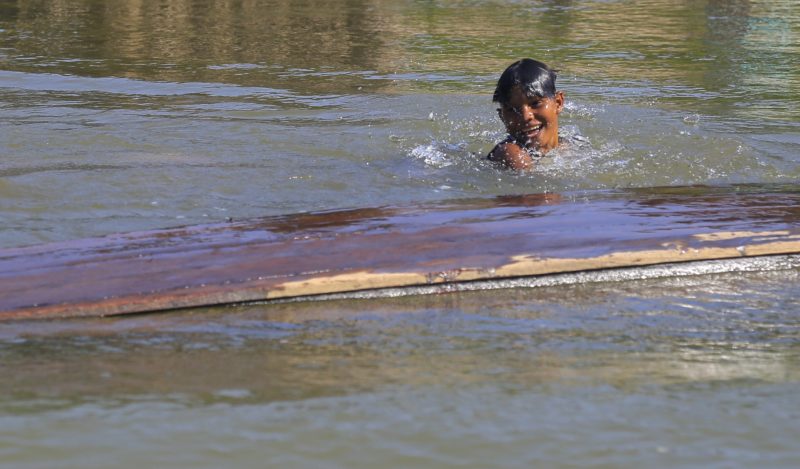
Foto: Catarina Alionis
Festival Mariri Yawanawá
Launched in 2000 to rescue and preserve the Yawanawá ancestral culture and traditions, the festival takes place once a year in the Mutum village, for 5 days, in the full moon period and varies from month each year. It is one of the few indigenous festivals open to visitors and limited tourists have the opportunity to attend it. It became a very important cultural celebration, with a lot of singing, Mariri dances, rounds of old songs, old stories, traditional rituals of Uni and Rumê (cipó and snuff) with the Yawanawá pajés, typical foods, exhibitions of crafts and body paintings with the Yawanawá Kenes.
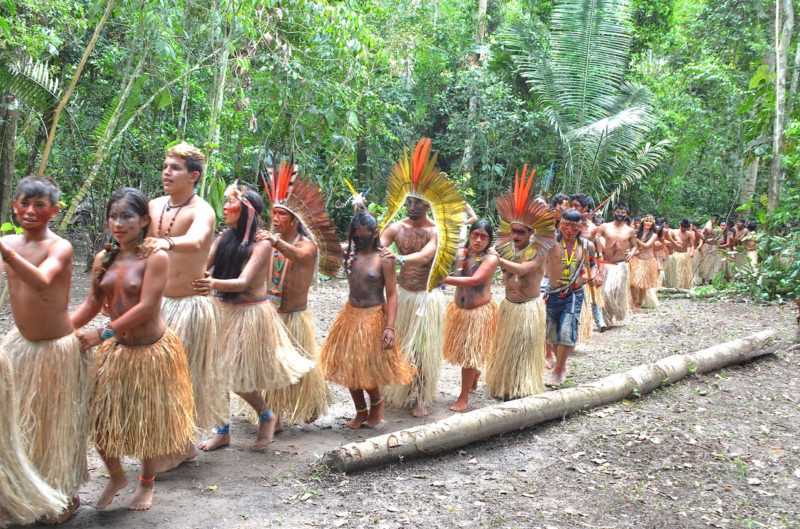
Foto: Yawanawá.org
The rituals
The main traditional rituals of the Yawanawá are the Uni (Ayahuasca) and the Rume (Rapé). They are spiritual ceremonies of purification, healing and vitality. The snuff is made of tobacco and ash from trees and the ayahuasca is made of native plants of the Amazon (cipó mariri or jagube and leaves of the shrub chacrona or queen). Both play an important role in the culture and medicine of the Yawanawá people.
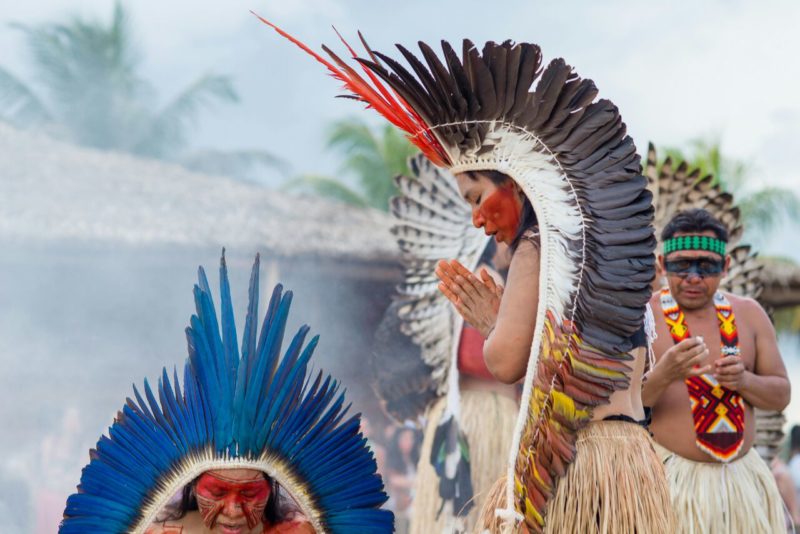
Foto: Yawanawá.org
The women
Until 2005, Yawanawá women were forbidden to assume leadership roles. Now they can be shamans and they also pursue empowerment, rights, recognition, respect and equal responsibilities. They take care of the house, the family, work as artisans and have an important participation in cultural and ritual traditions. The singing of the Yawanawá women is surprising:
To become a shaman
A series of practices and rituals are necessary for a person to become the spiritual leader (shaman or pajé) of the Yawanawá tribe. They believe that the shamans are guardians of the tribe’s knowledge, from medicine to arts, and they learn the magic secrets with the spirits. Beyond vocation, the process for becoming a spiritual leader requires strength. For a year the Indian must live alone in the forest and he cannot drink water or eat meat from larger animals. They receive daily doses of ayahuasca and snuff and have to keep the skin covered by black ink extracted from genipap. Eventually, they should take small amounts of the saliva of a jiboia, considered the owner of wisdom among the natives. During this period, in addition to sexual abstinence, they are prohibited from seeing or even hearing the voice of children and companions. In 2005, the Indian Hucharlo became the first women spiritual leader of the Yawanawá people.
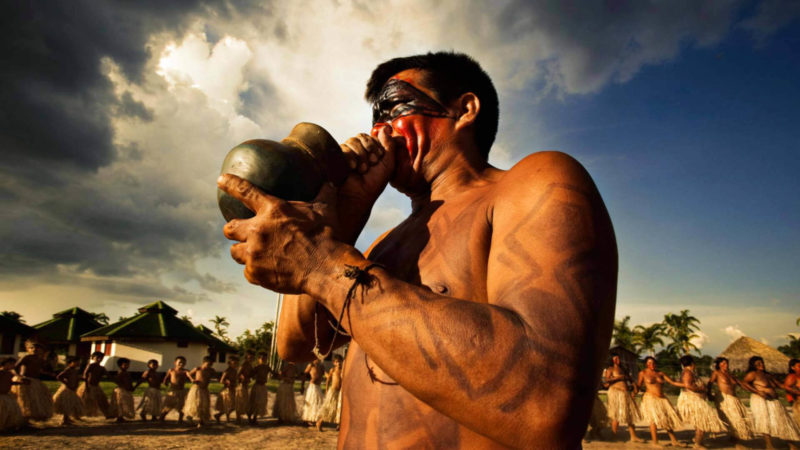
Foto: Yawanawá.org
Kanarô
“Kanarô”, for the Yawanawá, means to miss, to miss a lot, to even cry because of this absence. And this is usually how travellers feel when they leave the Yawanawá villages…
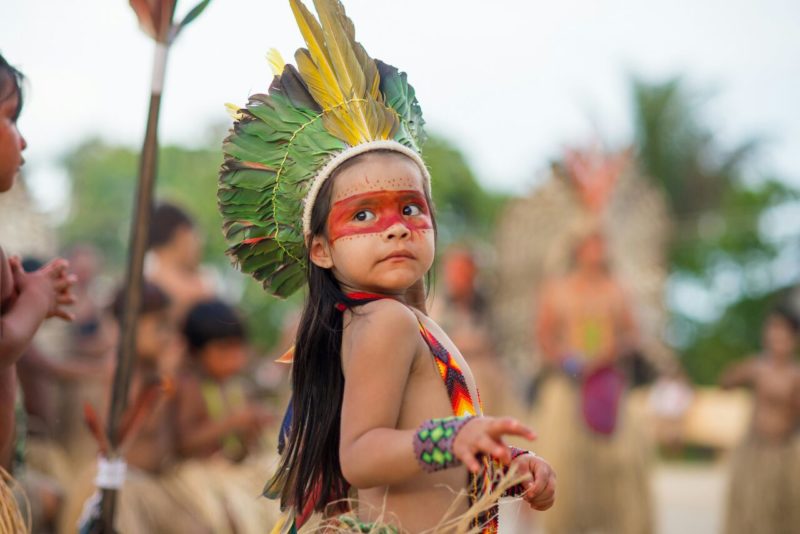
Foto: Yawanawá.org
Yawanawá Experience – from November 15 to 20
Talk to us to know more about the Yawanawá Experience, that takes place from November 15 to 20, in Gregório River Indigenous Land, in Acre, Brazil.
E-mail: [email protected]
WhatsApp: + 55 11 98328-3034






